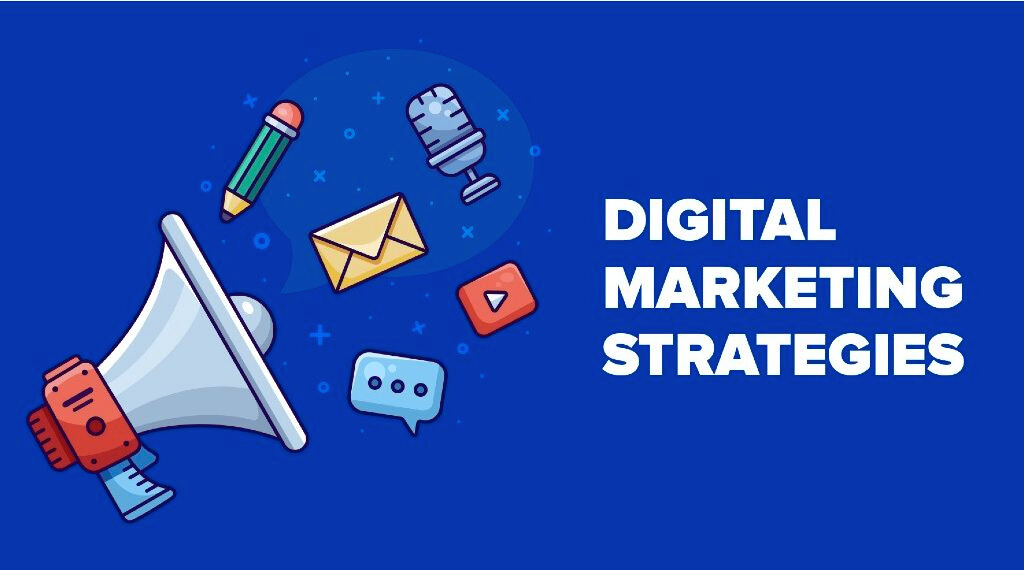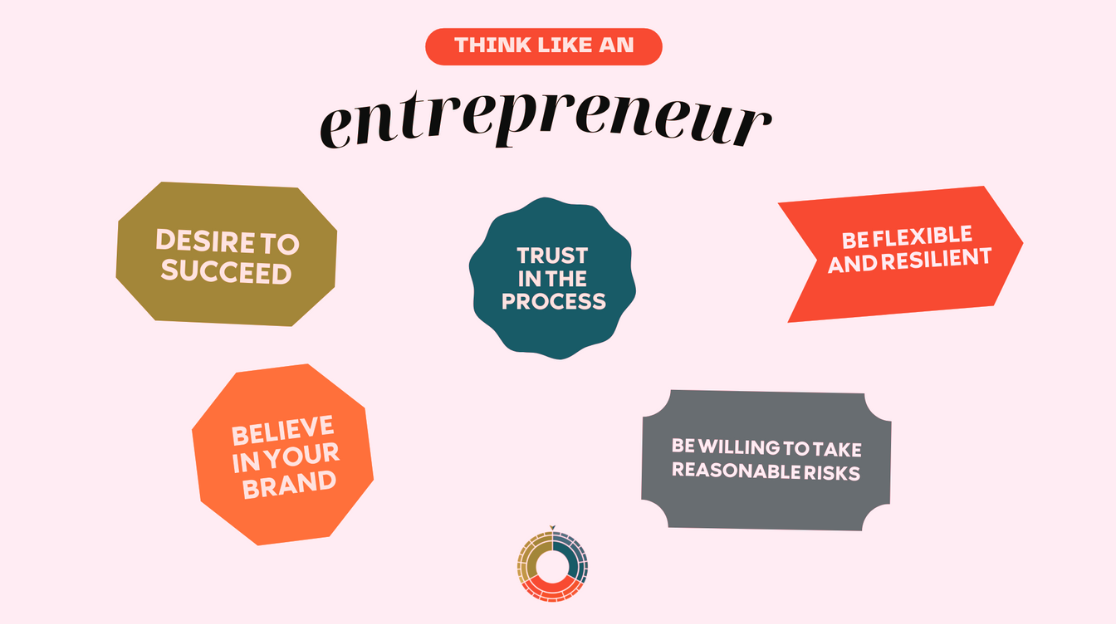Introduction:
Starting a business is exciting, but without the right marketing, it can be hard to gain traction. Digital marketing offers startups a cost-effective way to reach a targeted audience, build brand awareness, and drive growth. This blog post will walk you through the best digital marketing strategies for startups, helping you stay competitive and grow sustainably.
1. Develop a Solid Content Marketing Plan
Content marketing helps startups position themselves as industry leaders by offering valuable information to customers. It boosts website traffic, improves SEO, and generates leads organically.
Key elements of content marketing include:
- Blog posts optimized with target keywords
- White papers, eBooks, and case studies
- How-to videos and tutorials
- Infographics that visually convey data
Pro Tip: Use long-tail keywords relevant to your niche to attract a more specific audience. Tools like Google Keyword Planner and Ahrefs can help you identify these keywords.
2. Leverage Social Media Marketing
Social media offers startups direct access to their audience, building brand awareness and engagement in real-time. Each platform serves different purposes:
- Facebook and Instagram: Great for visual branding and community engagement
- LinkedIn: Ideal for B2B startups and networking
- Twitter/X: Useful for conversations and quick updates
Action Tip: Use analytics tools like Meta Insights or Hootsuite to track performance and engagement.
3. Search Engine Optimization (SEO)
SEO ensures your website ranks high on search engines, helping you attract more visitors. The higher your ranking, the more credible your brand appears to users.
Important aspects of SEO for startups:
- On-page SEO: Optimize title tags, meta descriptions, and headers with relevant keywords
- Off-page SEO: Build backlinks by publishing guest posts on other reputable sites
- Technical SEO: Ensure your website loads fast and is mobile-friendly
Pro Tip: Local SEO is essential for startups targeting specific regions. Get listed on Google My Business to attract nearby customers.
4. Utilize Email Marketing
Email marketing remains one of the most cost-effective digital marketing channels, with a high ROI. It helps nurture leads, keep customers informed, and promote new products or services.
Strategies for email marketing success:
- Build segmented email lists to send personalized messages
- Use email automation to nurture leads and send follow-ups
- Create engaging subject lines to boost open rates
Tool Recommendation: Platforms like Mailchimp or ConvertKit offer easy-to-use templates and automation features.
5. Invest in Pay-Per-Click Advertising (PPC)
PPC campaigns allow startups to attract potential customers quickly. Unlike organic efforts, PPC offers instant visibility on search engines and social media platforms.
Best PPC channels to explore:
- Google Ads: Target customers actively searching for related products
- Meta Ads: Promote products to a highly targeted audience on Instagram and Facebook
- LinkedIn Ads: Great for B2B startups looking to connect with professionals
Pro Tip: Use A/B testing to optimize ad performance by comparing different headlines, CTAs, and visuals.
6. Build a Strong Online Presence through Influencer Marketing
Influencer marketing is an effective way for startups to reach niche audiences through trusted voices. Collaborate with influencers who align with your brand values and resonate with your audience.
Types of influencer collaborations:
- Sponsored content on Instagram or YouTube
- Product reviews and unboxing videos
- Affiliate marketing with commission-based partnerships
Pro Tip: Focus on micro-influencers for better engagement and authenticity.
7. Implement Referral Programs
Referral programs encourage satisfied customers to recommend your product or service to others, creating organic word-of-mouth marketing. They also help reduce customer acquisition costs.
How to design an effective referral program:
- Offer incentives, such as discounts or free services
- Use referral tracking tools like ReferralCandy
- Promote your referral program on your website and emails
8. Focus on Customer Relationship Management (CRM)
Managing customer relationships effectively ensures repeat business and loyalty. A good CRM system helps track customer interactions, making it easier to personalize future communication.
Popular CRM tools for startups:
- HubSpot CRM: Offers free and paid plans with great automation features
- Salesforce: A robust platform for scaling businesses
- Zoho CRM: An affordable option with comprehensive features
Action Tip: Use CRM data to develop targeted email campaigns and enhance customer satisfaction.
9. Track and Analyze Your Performance
Analytics provide valuable insights into what’s working and what needs improvement. Monitor your key performance indicators (KPIs) regularly to optimize your strategies.
Essential metrics to track:
- Website traffic (via Google Analytics)
- Social media engagement (likes, shares, comments)
- Conversion rate (percentage of visitors turning into customers)
- Customer lifetime value (CLV)
Pro Tip: Use tools like Google Data Studio to visualize your performance metrics in real-time dashboards.
10. Use Marketing Automation to Save Time
Marketing automation tools help startups streamline repetitive tasks such as email campaigns, social media posts, and lead nurturing. This allows your team to focus on core business functions.
Best marketing automation tools for startups:
- HubSpot: All-in-one solution for email, CRM, and social media automation
- Buffer: Schedule social media posts across multiple platforms
- ActiveCampaign: Ideal for email and sales automation
Conclusion: Choose the Right Strategy for Your Startup
Not every digital marketing strategy will work the same for all startups. It’s essential to experiment with different approaches, analyze your results, and refine your strategies accordingly. Start with a clear plan, use data to guide your decisions, and always focus on providing value to your audience.
By leveraging these digital marketing strategies, your startup can build brand awareness, attract leads, and convert them into loyal customers. Stay consistent, track performance, and evolve with changing market trends to achieve long-term success.
Bonus Tip: Stay updated with digital marketing trends by following industry blogs and enrolling in online courses. This will ensure your startup remains competitive and adaptable in the fast-paced digital landscape.
Start implementing these strategies today and watch your startup grow! If you found this post helpful, share it on social media and let others benefit from these insights.
FAQs: Best Digital Marketing Strategies for Startups
Q1: Which digital marketing strategy is most effective for startups?
A: Content marketing and SEO are ideal long-term strategies, while PPC and influencer marketing offer quick results.
Q2: How much should startups spend on digital marketing?
A: Startups should allocate 5-10% of their total revenue to marketing, depending on their growth goals.
Q3: Is it necessary to hire a digital marketing agency?
A: Not necessarily. Many startups use affordable tools and platforms to manage digital marketing in-house. However, agencies can help accelerate growth if you have the budget.
This SEO-optimized guide ensures your startup gets noticed, grows organically, and stays ahead of the competition. Happy marketing! 🚀



